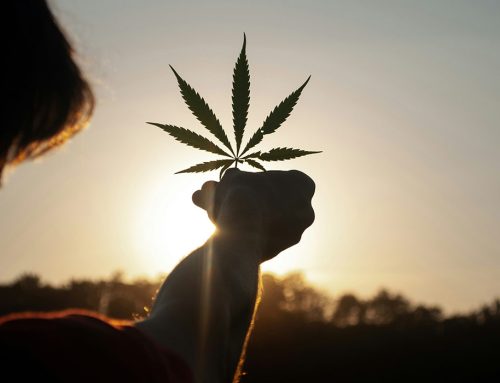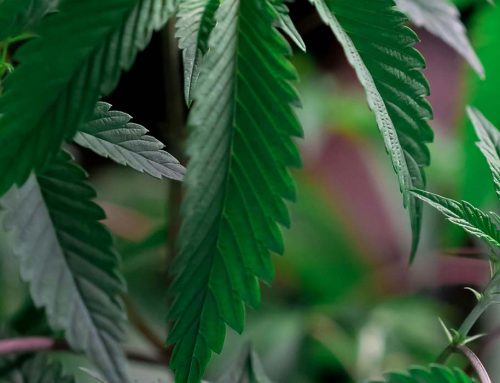Legal marijuana could soon reach a very unlikely swath of the United States. A South Dakota Indian tribe voted in June to legalize cannabis on the reservation. The drug could be available to tribe members and visitors alike by the end of the year.

The drug would be legal for any adult use, while sick children would have access to medical marijuana through doctors’ recommendations. Strict rules would make it difficult, if not impossible, to remove any amount of cannabis from the reservation.
In fact, the rules approved by the committee were aimed mostly at preventing trafficking or smuggling. Marijuana remains strictly illegal in the rest of South Dakota, even for medical use.
Sale amounts limited to one gram
Flandreau Santee President Anthony Reider said cannabis smokers would be able to buy only one gram at a time, and must consume it at the dispensary. Reider said the idea is to keep the toking on-reservation and discourage stoned driving.
The tribe is the first in the nation to adopt legalization. President Barack Obama announced early this year that Indian reservations would be allowed to decide for themselves whether they want to legalize.
Since reservations are considered semi-sovereign nations and answer only to the federal government, they can engage in any activity that doesn’t violate federal law or policy. Under Obama’s decree, that includes growing, selling, and using cannabis.
The reservation is located outside Flandreau, S.D., a conservative community near the Minnesota line. That could make it an appealing draw for marijuana users throughout the Midwest, including Minnesota, North Dakota, Iowa, and Nebraska.
Mayor: Flandreau will take biggest hit

“We don’t see any benefits in having marijuana in one certain entity without any tax structure or anything that’s going to benefit the city, or the state of South Dakota,” Bonrud said.
Some tribe members also think the legalization vote was a bad idea. Addiction is a particular scourge of Native American communities, and some members worry cannabis use could make the problem worse.
“We have no business going into marijuana,” said Becky Red Earth-Villeda, a lifelong resident of the Flandreau Santee reservation. “I don’t care what the reason is.”
The Flandreau Santee reservation already has a casino, and the casino hotel will be available to intoxicated stoners, Reider said. Clearly the leaders of the Flandreau Santee believe they can build a Midwest entertainment center with gambling, nightlife, and now legal cannabis. Reider said the tribe wants to be on the cutting edge.
“Throughout Indian country, Flandreau’s been trail-blazers,” he said. “We were with the casino, we were the second compacted tribe in the United States, the first and largest casino in between Atlantic City and Las Vegas, so it’s something that’s not new to us. We kind of like taking the forefront on issues.”






